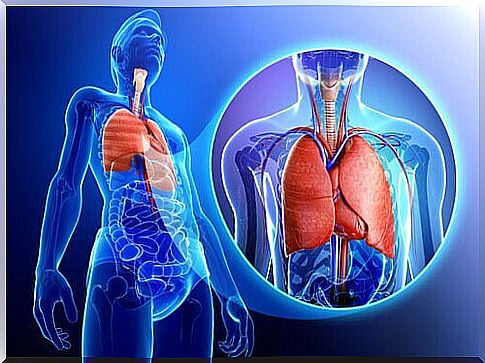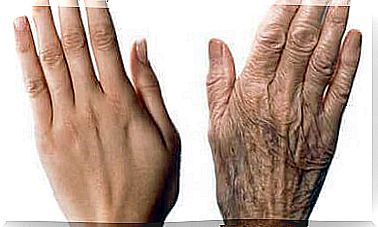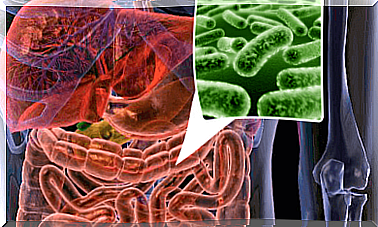Asthma Symptoms, Causes And Diagnosis

The onset of asthma is very complex and includes irritation, inflammation, intermittent obstruction, and bronchial hypersensitivity or increased airway narrowing. In a large proportion of asthma patients, the symptoms are mild or sporadic, while in some asthma the symptoms are more troublesome, the so-called “Asthma attacks” that cause worse discomfort and last longer. As a result, breathing becomes difficult.
Who suffers from asthma?

According to the World Health Organization, about 235 million people suffer from asthma, which is about 5% of the world’s population.
Regardless of a country’s level of development, 80% of asthma-related deaths occur in countries with low health care indices.
Asthma occurs in all countries and can affect people of all ages, although it is more common in children. Childhood asthma is usually associated with allergies.
Causes of asthma
The cause of asthma has never been determined. However, in its onset, a distinction must be made between etiological factors (such as hereditary factors) and other triggers that may not cause the disease itself but are the cause of symptoms in some patients.
Etiological factors
- Hereditary factors: family history of asthma and / or respiratory allergies
- Exposure to allergens: Substances causing allergies and respiratory symptoms, the most important of which are:
- Microscopic fungi (from moisture)
- Pet dust, dandruff and hair
- Fabrics (such as wool)
- Smoking
- Sawdust
- Punkit
- Dust
- Pollen
Triggers

The factors that trigger asthma symptoms are usually environmental. Some of them are:
- Viral infections
- Tobacco smoking
- Celiac disease or gluten intolerance
- Polluted environments and poor air quality
- Sudden climate change (severe cold, humidity or snow)
- Prolonged use of certain antibiotics and drugs
Asthma symptoms
Asthma symptoms can be mild or chronic, depending on the patient. They almost always depend on the strength of the immune system. Although they depend on the type of asthma and its severity, in general, asthma patients experience the following symptoms:
- Cough: This is usually an irritating cough with little to no mucus, sometimes the cough is completely dry.
- Breathing difficulties: Breathing difficulties typically occur during exercise or other physical activity. In severe cases, symptoms may occur while speaking or even during rest.
- Wheezing: Wheezing is caused by the passage of air through narrow airways. Sound is more sensitive to detection with a stethoscope.
Other possible symptoms of asthma include:
- Feeling exhausted
- Sore throat and irritation
- Chest pressure
- Irregular breathing (faster or slower than normal)
- Nasal congestion (thick mucus, difficult to remove) and sneezing
- Difficulty walking or talking due to difficulty breathing (very serious symptom)
Diagnosis of asthma

Diagnosis of asthma begins with an examination of the patient’s medical history, ligation, and other possible causes and risk factors. If the patient is already diagnosed with asthma, previous seizures will be evaluated.
Many cases of asthma are related to allergies, meaning that if a patient has a runny nose or rash, their doctor may suspect asthma. Your doctor may also prescribe the following tests to confirm the diagnosis:
- Allergy tests
- Blood tests
- Tests measuring lung function
- X-rays of the chest and sinuses
- Arterial blood gas analysis (when asthma attacks are severe)
Care
Unfortunately, there is no cure for asthma, but there are certain treatments to curb it. The goal of treatment is to reduce both the severity of the disease and the frequency of symptoms.
The goals of treatment are:
- Prevention and alleviation of chronic symptoms such as cough and difficulty breathing
- Maintenance of good lung function
- Reducing the need for asthma medications
- Avoiding chronic asthma attacks
Medication includes:
- Anti-inflammatory drugs: most often corticosteroids are prescribed (beclomethasone, budesonide, fluticasone)
- Bronchoconstrictors: beta-2 agonists (salbutamol, terbutaline, salmeterol and formoterol), anticholinergics (ipratropium bromide) and methylxanthines
- Antihistamines: although these do not control asthma, they are useful in relieving allergy symptoms
It is also important for the patient to have an action plan that includes the following precautions:
- Take your medicine correctly, at the right time and according to the instructions given
- If necessary, apply to the emergency services
- Can manage your illness well
- And avoid triggering environmental factors
- Learn how to take care of yourself while exercising









